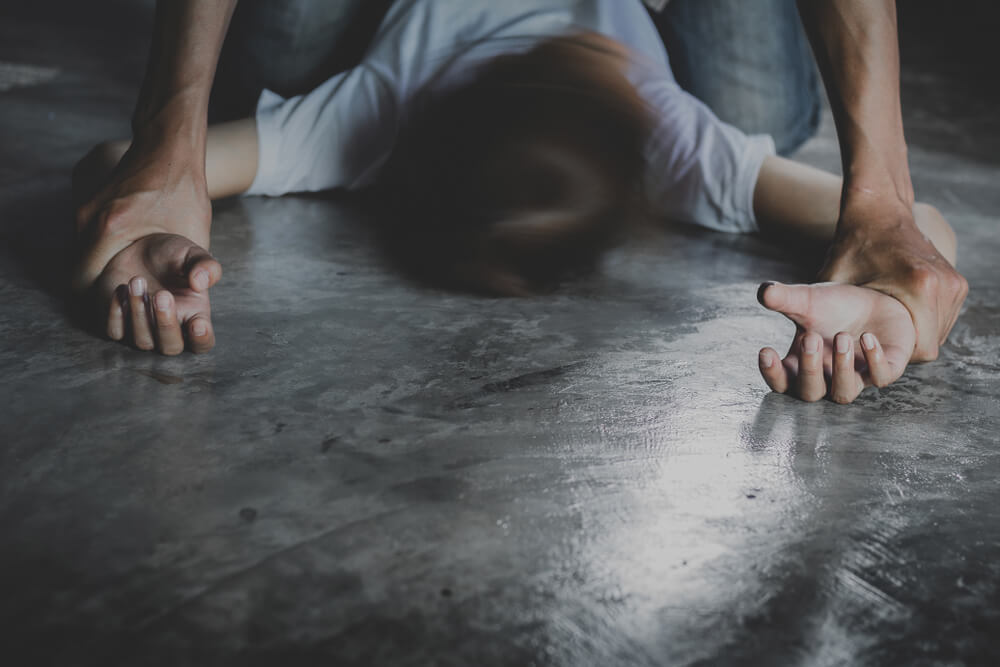
SEXUAL VIOLENCE AGAINST WOMEN: A TIME FOR EVERYONE TO TAKE ACTION
Author: Olayemi Ajibola
In the past couple of days, Nigeria has been rocked with various cases of sexual violence against women and girls, with these experiences ranging from horrifying to shocking. In Edo state, a 100-level student of the University of Benin, Uwaila Omozuwa, was raped and brutally assaulted while studying in a church, which led to her death two days later; in Jigawa state a 12-year old girl was raped by 11 men; in Oyo state, Barakat Bello, an 18-year old student of the Federal College of Animal and Production Technology, was raped and killed; while in Ekiti state three armed men allegedly gang-raped a street hawker. The nature of these cases has led to protests and calls for justice for the survivors.
The context of sexual violence in Nigeria becomes grim when one considers The United Nations International Children’s Emergency Fund report in 2015 which states that 1 in 4 girls and 1 in 10 boys in Nigeria experience sexual violence before the age of 18. The report further stated that of the children who reported violence, fewer than five out of 100 received any form of support. To address this problem as well as the shortcomings of the provisions of the criminal and penal code on rape, the Violence Against Persons (Prohibition) Act of 2015 (VAPPA) was enacted. A key feature of this legislation included elevating unlawful anal and oral sex to the status of rape, recognising gang-rape and setting a minimum penalty of 12 years imprisonment away from the judge’s discretion for the crimes. In addition to the VAPPA act, Nigeria launched its first sex-offenders registry in 2019. While these important legislative steps and initiatives to curb sexual assault and violence against women and girls are laudable, there is more work to be done to ensure society is safe for Nigerian women.
On the institutional front, Nigeria’s law enforcement agencies, being the first point of contact for victims of sexual assault and violence, have to be re-educated on a humane approach to address sexual assault cases. There are cases of law enforcement agents making snide remarks at victims and their families, and demanding resources from victims to “mobilize and investigate”. This behaviour discourages victims from pursuing justice and ensure culprits do not escape justice. Also, there has to be the availability of rape kits in every police station and hospital in the country, as this is the first step towards establishing a claim of sexual violation and getting justice for victims.

The private sector also has a role to play in the fight against sexual violence against women and girls in Nigeria by actively collaborating and cooperating with development organisations to create programs that will lead to a shift in social norms. Through advertising, advocacy via monthly newsletters to customers, and media messaging, the private sector can influence social norms and behaviour that will help prevent sexual assault against women and girls. Also, businesses can partner with development organisations to develop workplace programs, policies and culture that address sexual assault against women and girls. There will be a ripple effect on society if many businesses in Nigerian can create workplace programs and set-up proactive policies to fight against sexual assault against women and girls.
Development organisations in Nigeria must infuse sexual education within their activities, such as, what the Women-At-Risk-Foundation (WARIF) and the Mirabel Center is doing. A robust sexual education platform for young boys and men and the society at large will take Nigeria one step towards safety for women and girls. One of this approach could be the creation of a robust sexual education initiative targeting various communities with information on sex, sexuality, respect for human choice, defence tactics for women, behavioural change for men and so on. This information can also be developed in the local language of these communities to ensure the message is heard clearly and understood perfectly.
Furthermore, the paucity of data on sexual assault and violence against women and girls in Nigeria is a problem that should be addressed by the government. The National Bureau of statistics should be empowered and funded to conduct surveys on sexual assault and violence against women and girls in each state to make it easy to contextualise the impact of various legislation and programs implemented by different stakeholders in the society.
Making the society safe for women is a task that involves everyone, and for us at VS Management & Consulting (VSMC). We consistently seek collaborations and partnerships to enshrine sexual education in institutions and communities across Nigeria, with the overall aim of creating a sexual assault-free society.

Let us work together to create a safe space for women and girls in Nigeria.
